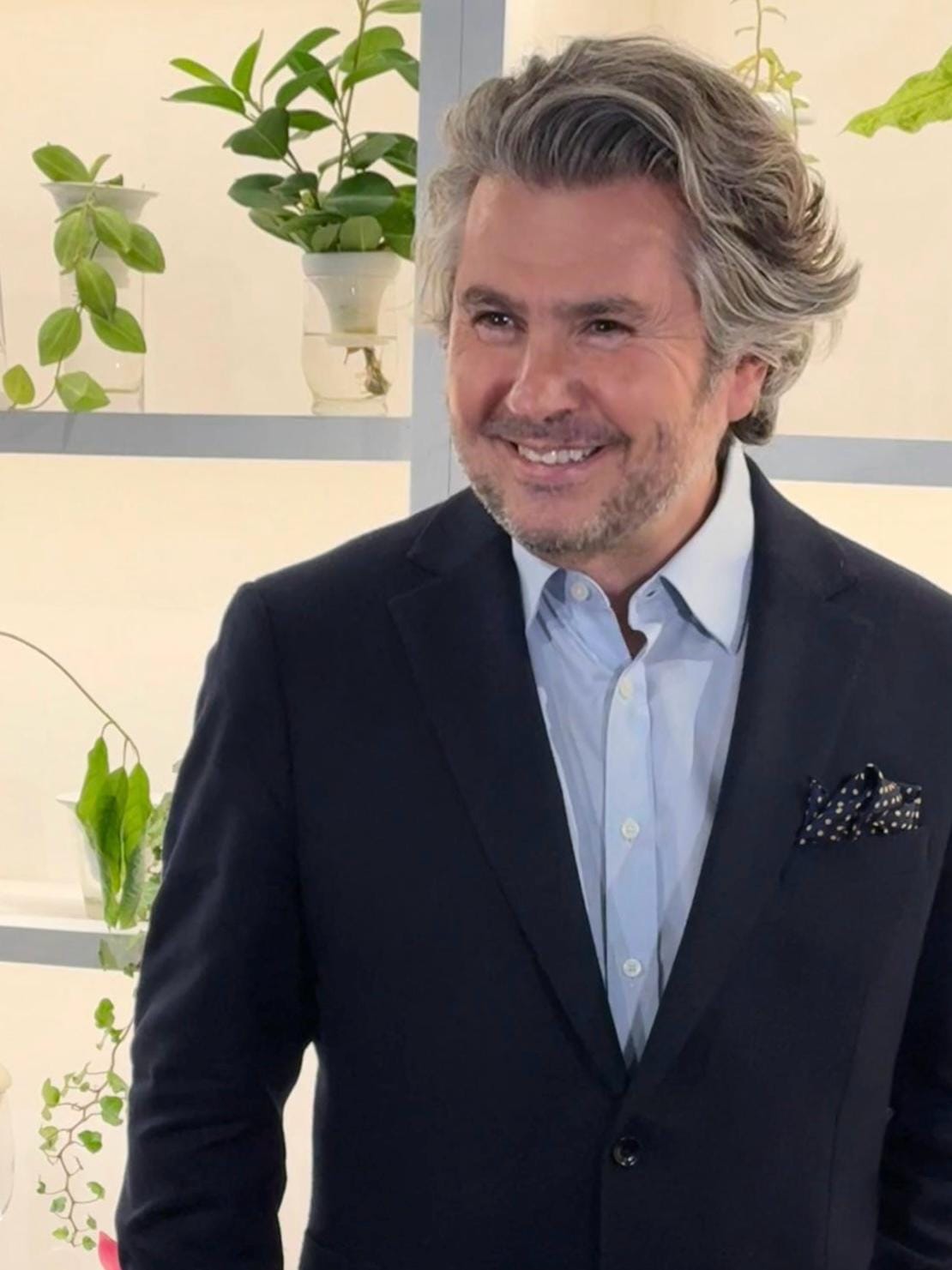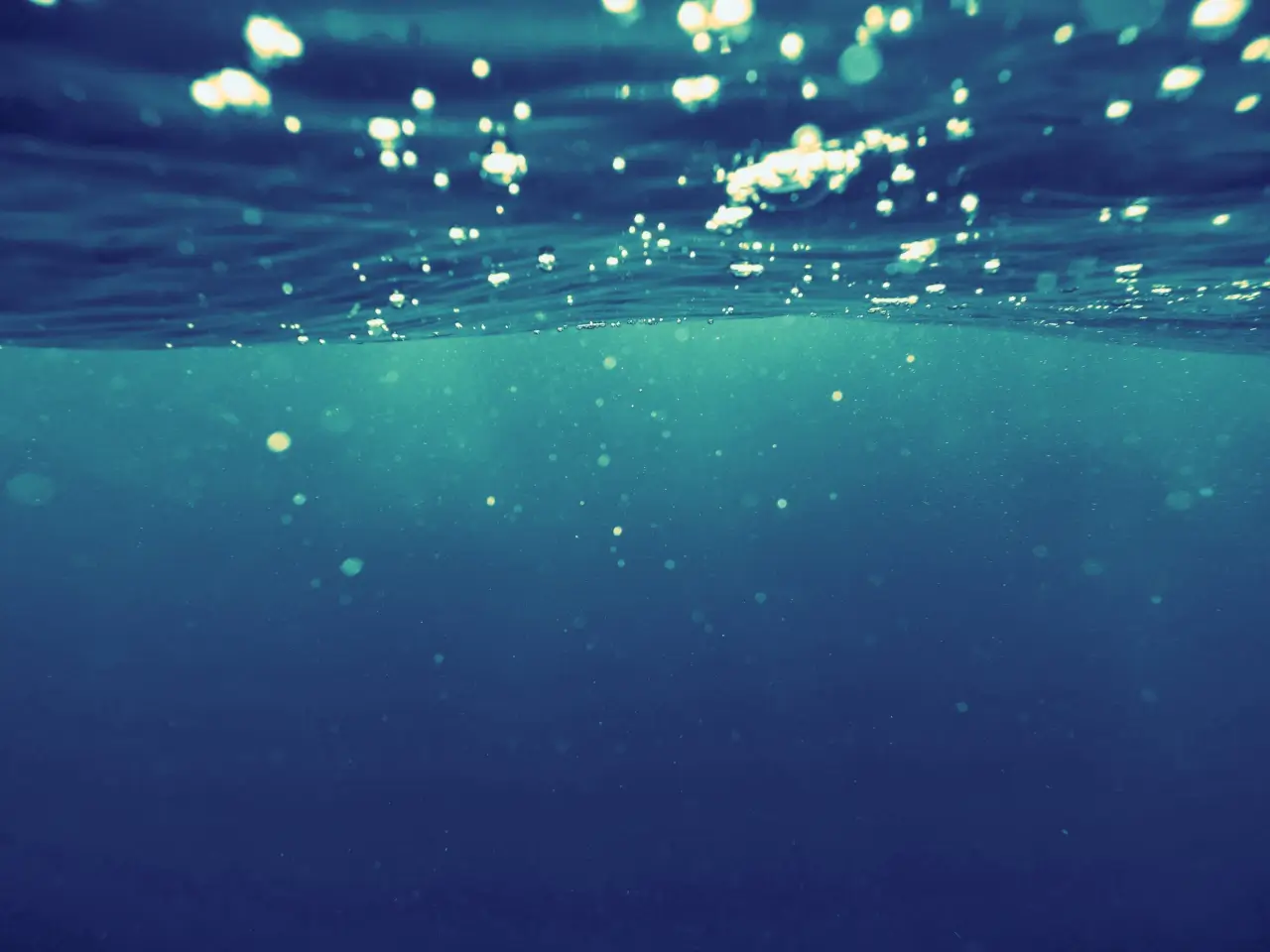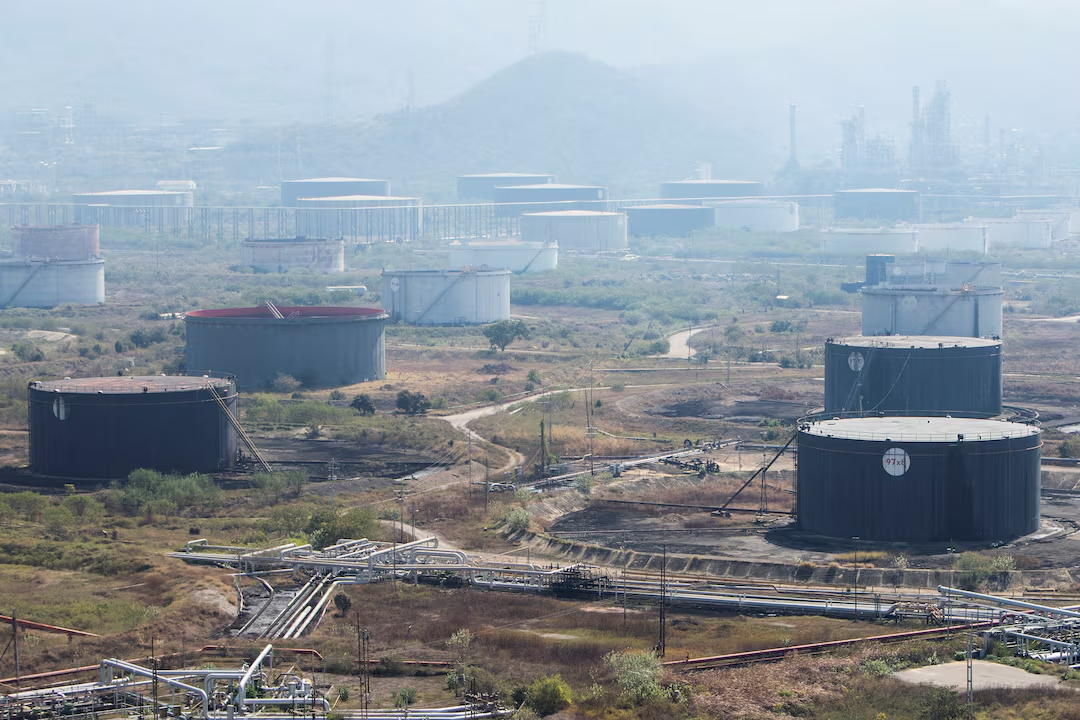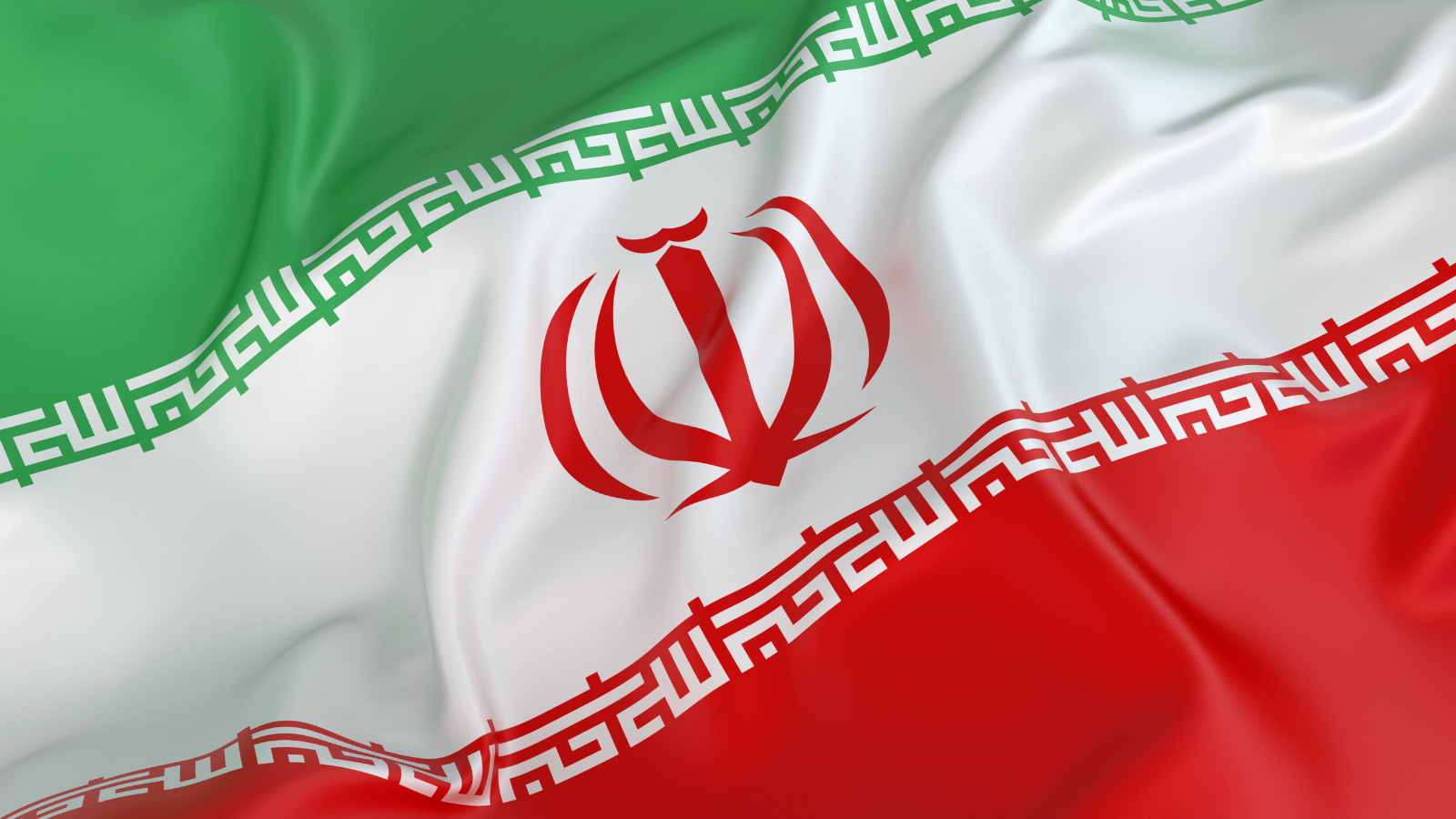We rarely value what we have until it is gone: satiety is appreciated only when we are hungry, health when we fall ill. Water is no exception. For now, many of us turn on the tap, and water flows. But this comfort is vanishing fast. Climate change and desertification are intensifying scarcity. Those who can see ahead have already begun moving to water-rich regions. By 2035, this wave will be impossible to ignore.
A Scarce Resource
Although two-thirds of the planet is covered by water, only 2.5 per cent is fresh water—and most of that is locked in glaciers. Barely 1 per cent is accessible for human use. The UN defines “water stress” as when annual per capita availability falls below 1,700 cubic metres; “water scarcity” is defined as below 1,000. The disparities are stark. In Canada, the figure is 80,000 cubic metres; in Israel, just 250. Türkiye has fallen from 4,400 cubic metres per person in the 1960s to 1,300 today—closing fast on the “water-poor” category. Yet we still act as if abundance is endless, irrigating golf courses while some communities cannot fill a glass.
Flashpoints and Fissures
No war has yet been fought solely over water. But flashpoints abound. The US and Canada spar over the Great Lakes and boundary rivers. In the Middle East, Israel’s hold on the Golan Heights is as much about controlling the headwaters of the Jordan as it is about strategic elevation. South Asia’s Ganges and Brahmaputra basins fuel endless disputes between India, Pakistan, and Bangladesh.
Türkiye, too, faces constant tension with Syria and Iraq over the Euphrates and Tigris, while rivers such as the Meriç and Aras pose perennial diplomatic headaches. Water has become not just a natural but a geopolitical currency.
By 2035, more than five billion people will face water shortages. It is no accident that wealthy Arab families are already buying homes in Türkiye’s Black Sea region.
The Energy–Food–Climate Nexus
Agriculture consumes 70 per cent of all freshwater; industry 20 per cent; households just 10. Yet in Türkiye, 70 per cent of irrigation still uses primitive flood methods, wasting half the water before it reaches the crop. Industry is no better. Textiles, chemicals, food, and leather are among the heaviest users and polluters. Fewer than 10 per cent of Turkish industrial zones recycle wastewater; in advanced economies, the figure is 70 per cent.
Energy, too, is thirsty: hydro dams, coal plants, and nuclear reactors all require vast amounts for cooling. As temperatures rise and rainfall declines, this nexus becomes even more fragile.
Bodrum: A Warning Signal
The crisis is already visible at home. In Bodrum, power plants draw vast volumes for cooling from aquifers and reservoirs that should serve residents and farmers. Meanwhile, uncontrolled construction—hotels, luxury villas, sprawling resorts—has pushed summer demand far beyond natural capacity. Climate change is not the only culprit; misguided energy choices and unplanned urbanisation are equally to blame. What Bodrum faces today, the Aegean, Mediterranean, and eventually all of Türkiye may face tomorrow.
The Business Dimension
Water is no longer a gift of nature but an economic asset. For business, this is both a risk and an opportunity.
Industry risk: Water-dependent sectors such as textiles, food, chemicals and automotive face supply disruptions, cost hikes and loss of competitiveness. Globally, $120bn in output could be lost to water scarcity by 2030.
Finance risk: Investors are factoring water risk into Environmental, Social, and Governance (ESG) metrics. Companies that mismanage it will see credit costs rise, insurance premiums soar, and access to capital dry up.
Opportunity: Smart irrigation, treatment, and recycling technologies are set to become a trillion-dollar global market by 2035. Turkish innovators and exporters could seize a share.
What Must Be Done
Türkiye’s path is clear if it is to avoid water wars by 2035:
• Cut losses: Reduce municipal leakage from 40 per cent to under 15 by 2030.
• Smart agriculture: Mandate drip and sprinkler irrigation nationwide, saving 40 per cent instantly.
• Industrial recycling: Lift wastewater recovery in organised zones from under 10 per cent to 70.
• Water diplomacy: Turn the Euphrates–Tigris into a tool for cooperation, not conflict.
• Urban planning: Restrict water-hungry energy plants and unsustainable development. Bodrum’s lesson must be national.
• Corporate responsibility: Make “water footprint” reporting mandatory; competitiveness will increasingly depend on it.
Beyond Strategy: Water’s Soul
Petroleum can be replaced, minerals substituted, even food reproduced. But without water, there is no life. I learnt its power during a youthful fast: for a week, I consumed nothing but water. My body regenerated, my mind sharpened. Water is not only survival; it is renewal. Billions today lack even a glass of it. Recognising water’s spiritual as well as strategic dimension is essential if we are to act in time.
The Final Word
By 2035, water will be more valuable than oil—for it has no substitute. If Türkiye builds a smart water regime now, it can secure food, energy, industrial competitiveness, and even regional peace. If not, every drop that flows from the tap today may prove to be the harbinger of tomorrow’s conflict.








